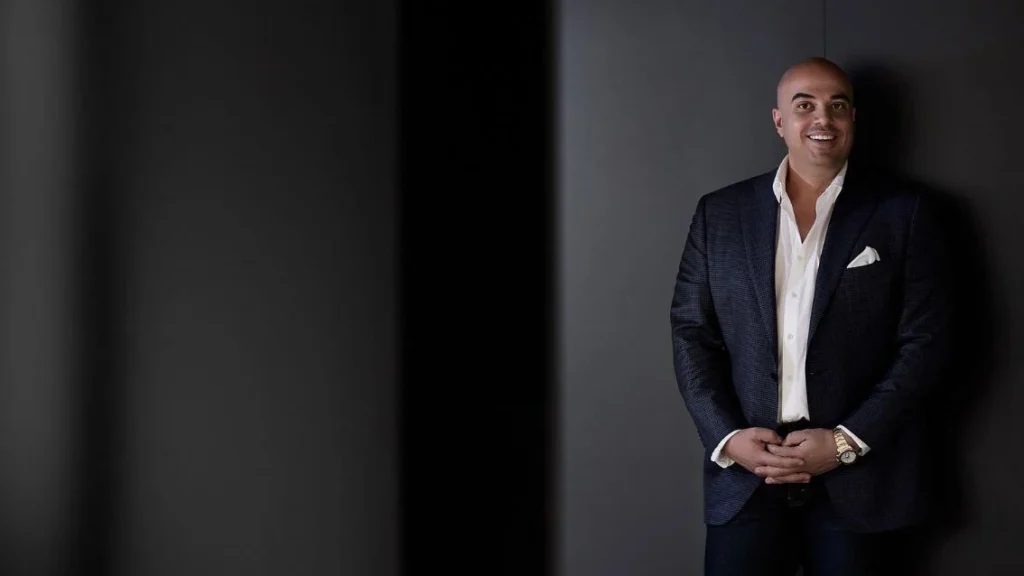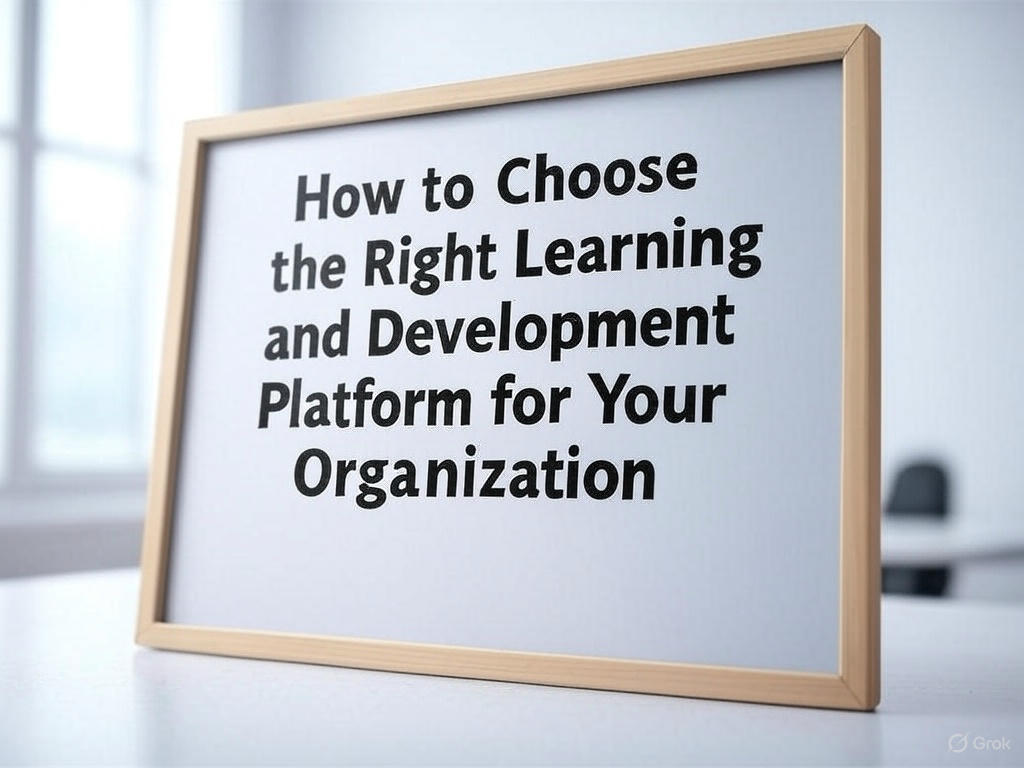Our marriage was not one with explosive arguments and shouting matches that one assumes whenever they hear that a couple is in relationship distress. Instead, it was filled with an awkward silence, emotional withdrawal, and a lack of intimacy that once came very naturally to us – everything that led to a situation where although we were living together, but still drifting apart. We were occupying the same physical space but sharing very less than logistical routines.
We tried everything that the cultural wisdom suggests – therapy was briefly attempted and then abandoned because of a lack of resonance, free advice came in from well-meaning family, friends, but it felt too shallow and impersonal. We found ourselves constantly working on communication exercises and journaling – solutions that felt too generic for healing unknown, personal wounds.
It was in one of those quiet evenings when I stumbled upon which I honestly have less belief in – an AI-powered astrology application called HiAstro, which claimed to offer insights customised to our relationship dynamics.
A Little Backstory on What Went Wrong
Based on what I experienced, what pushed our marriage to the edge was not some dramatic conflict, but the absence of a connection; we rarely argued, instead, we stopped caring enough to even argue. Over time, our conversations became very transactional, reduced to updates on groceries, bills, and schedules – we started co-existing in place of co-living.
We did make genuine efforts to change things – communication workshops, online courses, and even couples therapy, we followed all the instructions to the t, participated in all the exercises and remained civil. But every single one of these approaches used a “one size fits all” model, which ignored the unique psychological and emotional makeup of our relationship and while they did allow us to have an open dialogue, the dialogue often didn’t go anywhere because they were very generic and not about us and our relationship.
AI astrologers entered our lives in the absence of effectiveness. The application asked us to input data around our birth dates and contextual concerns – declining communication, relationship stagnation, or emotional misalignment. I will be honest, I was expecting an extremely vague conversation, but the report that the app delivered caught us off guard – it mapped out our emotional terrain with a very high level of nuance and accuracy.
Moreover, the language it used while we knew it was algorithmically generated felt tailor-made; it described both what we were feeling and why.
Details of the AI Astrologer App That Resonated
The app we used was not a platform that sold mysticism wrapped in tech; it was built on analysis and structure. After analysing our birth charts and building a comprehensive relationship chart, it detected emotional rhythms and compatibility patterns in the planetary alignment. According to the insight the report generated, I was undergoing a Venus Mahadasha – a planetary period linked with sensitivity, creativity, and reflection, while my partner was in Mars sub-period, a time known to amplify decisiveness, assertiveness, and short tempers.
This astrological contrast was very similar to the tension we had been experiencing. While I felt the need to connect emotionally and solve things softly, my partner was very reactive and quick to move past issues without having any deep discussion. The application’s interpretation of the Mars-Venus contrast gave a structure to what previously felt like an unknown barrier. Beyond dasha analysis, the AI app dug deeper into our synastry chart – the overlay of our birth charts – to find how our emotional tendencies interacted. My Moon’s placement in my partner’s 8th house, a region linked with psychological depth and transformation, hinted at a relational dynamic that was charged with several emotional triggers.
Another few things that left us impressed through and through were –
- Remedies based on practicality:
The app’s suggestions were not hidden behind mysticism. Rather than pushing a spiritual tradition, it offered psychological and lifestyle-based strategies deeply rooted in an astrological context. The approach avoided sensational claims and instead focused on fostering emotional awareness. - Temporal guidance based on planetary influences:
We were advised through the app’s chat with AI Astrologer feature to avoid emotionally intense or high-stakes discussions on Tuesdays and Saturdays, as those days were considered more prone to conflict due to the volatile planetary transits, in contrast, Friday mornings during Venus hours were recommended as the best moments for emotional reconnection and shared vulnerability. - Environmental and sensory adjustments for emotional harmony:
Personalised recommendations that they offered included:
– Incorporating white and pastel colours into our shared spaces to evoke calmness.
– Using specific scents aligned with Venus to encourage ease and emotional warmth.
– Wearing gemstones like opal, believed to promote relational stability and balance. - Rituals proposed as tools, not solutions:
These ideas were presented not as rigid or mystical rules, but as optional practices meant to increase mindfulness. They served more as experiments in an emotional self-awareness setup than as guaranteed fixes. - Habits that created emotional grounding:
While not every suggestion proved transformative, there were certain routines that stood out:
– Engaging in Friday meditations became a moment of pause amidst emotional noise.
– Practising daily journaling guided by planetary prompts encouraged structured reflection. - Behavioural alignment through lunar timing:
The app also recommended performing small acts of kindness during specific Moon transits, simple gestures like writing a note of appreciation, making tea, or leaving room for the other person to breathe. These were positioned not as esoteric rituals but as timely prompts to show care. - Encouraging mindful emotional presence:
The goal wasn’t to manipulate outcomes through planetary logic. Instead, the remedies gently prompted us to show up with intention, to respond rather than react, and to become more observant of the patterns we were perpetuating. - Subtle transformation through consistency:
Even when a remedy didn’t feel immediately impactful, the cumulative effect of showing up for each other with small, meaningful gestures, especially when timed thoughtfully, created a shift in tone. Emotional inertia gave way to responsiveness, and silence slowly gave way to presence.
The Turning Point of our Relationship
The breakthrough moment for us after we used the application was nothing dramatic; there were no revelations or a reconciliation, the shift was gradual, emerging both from accumulated understanding, repeated efforts, and quiet adjustments in how we started approaching each other.
The app helped us understand that the relationships are not linear, and we had to let go of the expectations that harmony should be constant. It helped us in anticipating our emotional tides and reframing our interactions. We started embracing smaller wins like conversations that lasted longer than usual, disagreements that started ending in calm instead of escalation, and a glance that communicated comfort.
But we didn’t stop looking for human support; we went back to therapy, but with more depth, emotional vocabulary, and less fear of vulnerability. Slowly, but definitely, we started making plans, talking more, and found our way back to each other.
AI astrology did not magically repair our marriage, but then it never promised to. What we got was something much bigger – rhythm, insight, and structure, which allowed us to do all the hard work that only we could put in. Through our personalised readings, forecasted emotional tides, and personal recommendations, we got something that the conventional approaches lacked – relevance to our situation.


